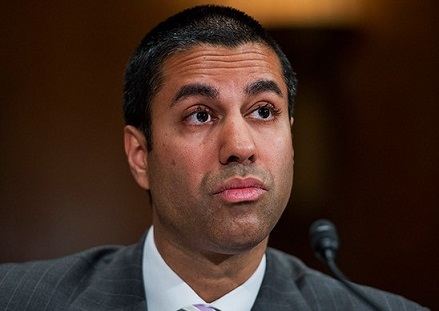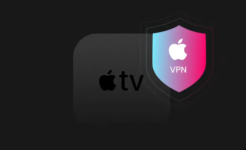
Net Neutrality Era Over?
We bet you’ve never heard of net neutrality, though you use the benefits of it every day in your life. The net neutrality principle prohibits Internet Service Providers (ISP) to block or slow down data flow, unless it’s urgent. No matter where the data comes from and where it goes, the transfer speed shouldn’t be lowered or increased depending on the end-user’s status. The net neutrality states that all users are born equal. The apps and devices they use to get an access to Internet, or the plan they pay for, doesn’t play any role in their speed or access. In other words, you or I and all other users across the world, pay just for the access and content.
The Net Neutrality protects Web companies as well, since they also are Internet users. Right now, they don’t have to pay tolls to get their content in front of consumers and consequently, we don’t have to pay extra charges for excess to Facebook or Google Docs.
On February 26, 2015, the Federal Communication Commission (FCC) passed the strict neutrality rules and thus proclaimed the Internet free for all. Tom Wheeler, FCC chairman at the time, thanked the net neutrality supporters, “Your participation has made this the most open process in FCC history… We listened and we learned.” But, like many initiatives of Obama’s era, this one is being rolled back.
Today, the broadband providers are treated as utility-like companies and as such, cannot rocket their prices as they will. Also, they cannot impose a data cap on users or zero-rate. In other words, they cannot cut down the speed on access to certain Web resources. It doesn’t mean they didn’t try to. FCC was just investigating the reports on AT&T, T-Mobile USA and Verizon zero-rating, when Ajit Pai, appointed as the FCC chairman by D. Trump, pulled the plug on it. The carriers under suspicion got the letters, informing that the investigation in question had been rescinded.
So, next time you notice YouTube is a bit slow on downloading, you know who’s to blame.
Mr. Pai is of the opinion that the net neutrality regulations undermine the very idea of the free market. This week, Mr. Pai pushed forward a plan to ease standards and thus allowing telecom carriers to raise broadband access fees for small businesses, hospitals and libraries, as well as wireless carriers. Those whom need the broadband Internet badly, the students and middle-class businessmen, will have to bear greater expenses. But, this is just the start of it.
Mr. Pai is persistent in torpedoing every idea that makes the broadband accessible. For instance, he banned the plan to open the set-top box market. Instead, the commission approved a separate proposal that eases restrictions on broadcast TV corporations, seeking to buy more stations. This media consolidation is similar in pattern to what happens in authoritarian governments. Greater companies will acquire bigger voices, and be able to manipulate the public’s opinion easier than before.
What does it mean for us, the average users? Read my lips: bill shock. You’ll have to pay more for home Internet, for broadband access in libraries and colleges, in schools and business ventures. Most small businesses and start-ups save money by putting everything online. It’s cheaper than renting a brick-and-mortar office.
Mr. Pai seems to forget that the FCC wasn’t created to appease the big market players. It must serve the interest of the society and not just the upper class. We, taxpayers, pay his salary after all, and we don’t all owe Verizon shares, you know. Internet is not just a new phone, or a pair of hot sunglasses. The UN declares that access to broadband Internet is one of the fundamental human rights. Like freedom of word and opinion or access to clean water. Once the regulations are turned over, providers are free to charge us for every wink of an eye. Not only for downloading, but for uploading or spending too much time on Facebook.
Luckily, major Web companies like Intel, Oracle, Cisco, Facebook, and Google are also deeply concerned about the perspective. They are going to get the short end of the stick as well. Imagine that someone creates the social network and pay the carrier to get an advantage over the existing one. You can’t download the Facebook page now, but some crap application will download in a second, just because its creator paid the ISP company more. Or, the carrier charges YouTube for upgrading some features. Just because the company can, that’s why. That’s what I call making money out of thin air.
Of course, Silicone Valley leaders won’t put up with the plan and have met with Mr. Pai for a feedback. The outcome of the meeting of both parties remains reticent and evasive. When asked, they resort to general vocabulary like “finding the common ground” and “constructive results”. It’s known though, that Mr. Pai asked the Cisco executive Chuck Robbins to organize the discussion of net neutrality rules with the leading Web companies. The event is going to take place in the near future.
Meanwhile, only Canada cracks down on the net neutrality principle and thoroughly investigates every case of zero-rating.
See also: Sell your old electronic devices online with iGotOffer.com. Discover the best way to sell and get the best online deal.

Ajit Pai, source of the image: http://money.cnn.com/2017/01/23/technology/trump-fcc-chairman






Facebook
Twitter
RSS